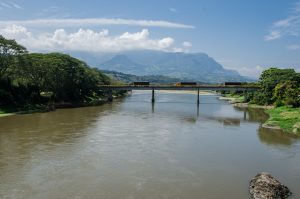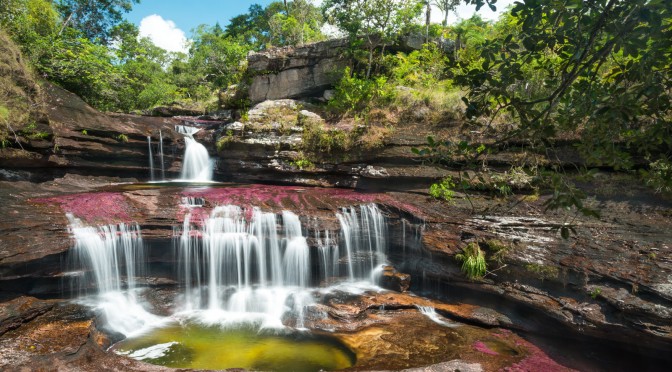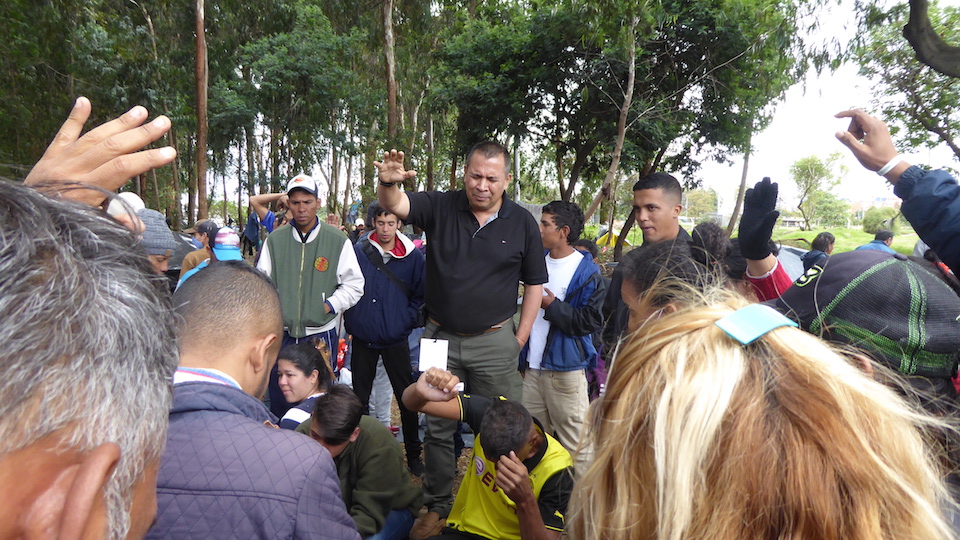
Photo courtesy of Shutterstock
Environmental woes in Valle de Cauca continue as waste water and searing heat combine to cause catastrophic consequences to the Cauca River and its vulnerable fish species.
El Pais, a regional newspaper based out of Cali, has reported that traces of carcinogenic substances like cadmium and other heavy metals have been found in fish species as the river passes through Cali towards the region of Yumbo. An investigation by Mesa Técnica for the Cauca River has now begun into why the presence of heavy metals had not been found by local laboratories.
CINARA, a research body at the Universidad de Valle, found that heavy metals were found in fish at three distinct locations; the villages of El Hormiguero and Paso de la Torre as well as in Comuna 6 in Cali. CINARA had previously also found high levels of mercury in the river late last year.
Research by the Universidad del Valle last year also established that, based on an analysis of 233 women in the region, traces of cadmium and lead were in several species of fish that were being consumed by the most vulnerable groups in society, including new mothers who were in danger of passing on the heavy metals to their infants while breastfeeding. It was advised by the research group that locals refrain from consuming fish from the river Cauca until the conditions of the river had improved.
Meanwhile, in a village near Jamundi, environmental authorities ruled out contamination as the cause of death for large numbers of tilapia found floating along the water’s surface. Instead, they concluded that the high temperatures in the region were to be blamed for their deaths rather than the presence of harmful contaminants. Tilapia is a river fish that has been introduced into the habitat and the month of March has seen searing temperatures in the region-as high as mid 30s in the morning hours- resulting in many species struggling to cope with the excessive heat.
In addition to being a crucial part of the local diet, the migratory freshwater fish of Colombia play an important role in the country’s biodiverse ecosystems. Over a 100 species of freshwater fish swim against the current to plateaus as high as 1200m before laying their eggs and returning to warmer climes.
The grim news on the state of the Cauca river arrives as the IPSEB delivers its crucial findings on fragile biodiverse ecosystems in Colombia and the rest of the world. As the IPSEB delivers its recommendations to policymakers around the world in Medellin today, the people of the Cauca Valley most affected by this environmental crisis will be hoping their guidelines won’t fall on deaf ears.




